Artificial intelligence (AI) has undergone significant transformation in the last decade and predominantly in the last few years, not so much in terms of what people or companies can perform with it but what organization or people are performing with it.
Artificial intelligence is having an impact on almost every business and every person on the planet.
Mike Thomas
Other researchers place the beginning of Information technology to 2007 when smartphones were first introduced. This remarkable technology has created numerous beneficial and problematic things into our lives, and in the coming 20 years, it will have an even greater impact hence the possibility of humans to change.
This is because data is utilized to power artificial intelligence algorithms. Our privacy is being jeopardized as more and more information is gathered at each minute of an individual’s day. It might descend into social oppression if governments and firms decide to make judgments based on the intelligence they collect concerning an individual, for instance, the manner China acts out with the social credit system. Presently, many developments in artificial intelligence are outperforming humans in various activities and making headlines.
According to experts, AI will make human existence easier and better in the future. They do, however, have doubts about how it will negatively affect and how progress will affect human intelligence, free will, and overall productivity. Furthermore, AI experts, analysts, and academics feel that because it is already altering human activities and capacities, as well as providing previously unimagined potential, it may also pose unprecedented hazards. Many people are optimistic, however, that smart AI systems will help save time, lives, and money, as well as increase general human efficiency, allowing them to live independently in the future.
Another concern is safeguarding that artificial intelligence does not become more excellent at accomplishing the duty it was created for that it breaches ethical or legal lines. While artificial intelligence’s original objective and goal was to help humanity, it would have a negative impact on civilization if it chose to attain the given goal in a damaging (but efficient) manner. For that reason, AI algorithms should be designed to align with humans’ broader goals, or else people will change.
Will Humans lose control?
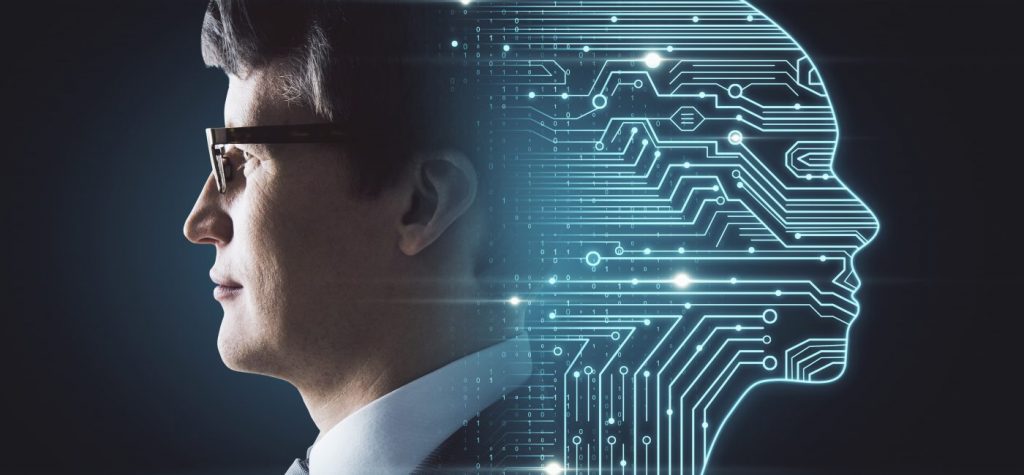
Furthermore, several researchers are still puzzled if the machines will one time turn out to be super-intelligent, to an extent that human beings will lose control over them. Even though there is discussion over how realistic this situation is, I do recognize that whenever innovation is introduced, it always has unintended repercussions. Artificial intelligence’s unexpected consequences will very certainly pose a challenge to us all. Besides, artificial intelligence’s transformational impact on our society shall have extensive legal, economic, political, and governing repercussions that we must examine and plan for. The issues such as determining who is to blame when an autonomous vehicle knocks a pedestrian and managing a worldwide autonomous arms race are some of the challenging incidents we shall face.
Autonomous Driving
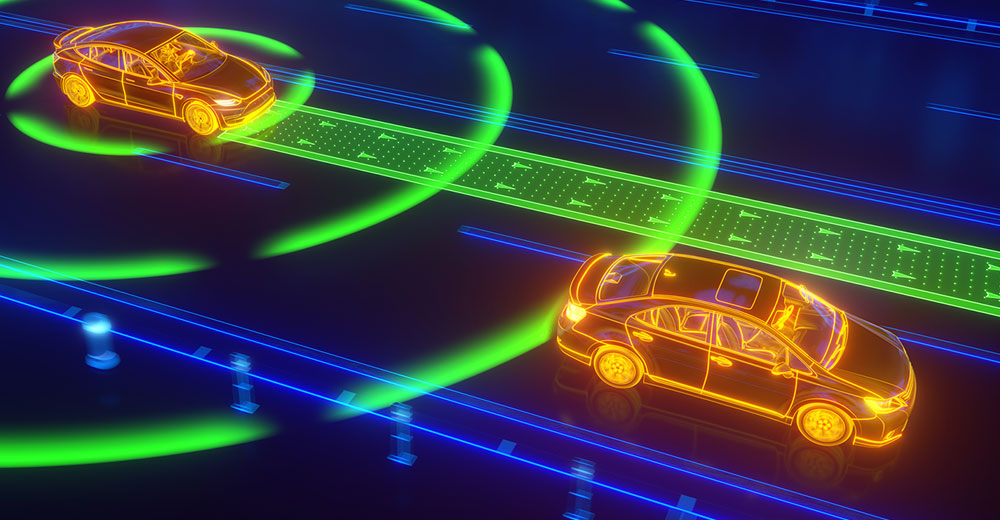
Following Anderson et al (2018), it is true every day a growing number of self-driving automobiles are being tested. Driverless car proponents argue that such vehicles will eliminate traffic deaths and bottlenecks on the roads because they will always follow traffic laws and drive at appropriate speeds. Ford is working on a self-driving automobile that will be powered by Argo AI software. It proceeded more cautiously than humans, efficiently maneuvering around construction sites, pedestrians, and bikers, according to test passengers. If a majority of individuals embrace the Ford Fusion once it has been fully designed to distinguish dust storms and fog from other unusual traffic situations, it can help save billions of dollars lost in gridlocks each year. Chevrolet, Google, and Audi are also among the car companies exploring driverless technology in the United States. Moreover, software, cameras, radar, light detection, and global positioning systems that all work together to traverse obstacles and bends, are at the heart of the vehicles’ operation. Vehicles also employ AI to learn new road tactics by uploading data to the cloud and referring to it later, allowing them to drive more like humans. Researchers discovered that the software they run on can allow vehicles to break to avoid tailgating, indicating that they will successfully reduce traffic bottlenecks and accidents. When they are handled by people, a little break application can result in a total lane stop, but when they are controlled by computers, they try to catch up with the rest of the traffic once it starts moving.
What about Robots?
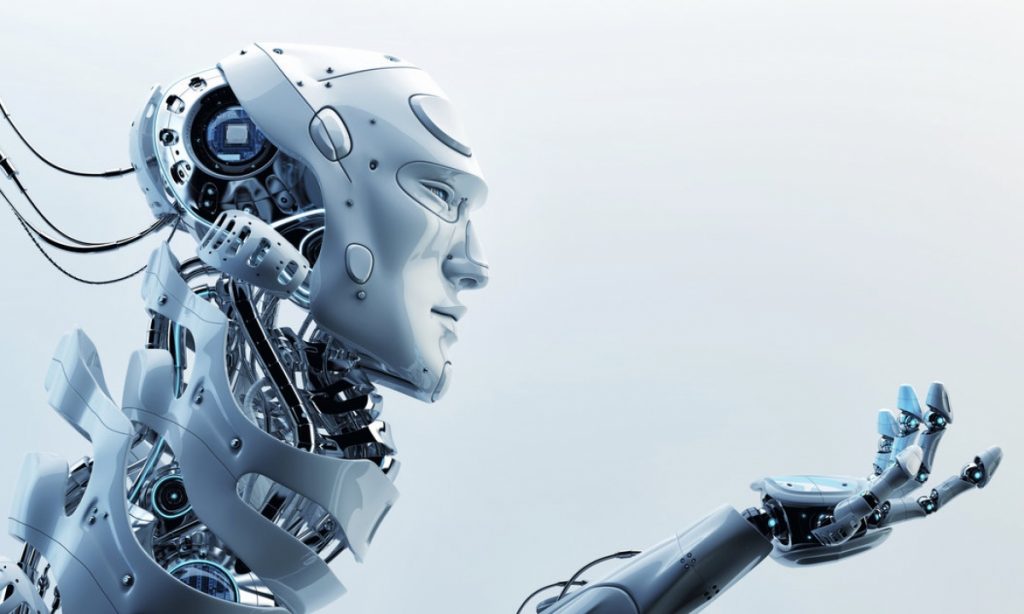
What’s more, corporations are gradually integrating AI into their operations. Robots are increasingly doing important activities that would otherwise be performed by humans. Customers can buy in Amazon’s food stores and have their purchases deducted from their accounts if they scan a phone app at the entry. Meatpacking and vehicle manufacturing facilities, according to researchers, use robots to complete repetitive, tedious activities, especially during the coronavirus epidemic, when employers urge employees to work from home. The approach is also being adopted by drive-through restaurants such as Pizza Inn and Subway. As robots are faster, more efficient, precise, and help decrease human errors, this technology suggests that if most firms migrate to AI robotics soon, commodity costs will come down, lowering living costs. Customers will often avoid haggling with other people, especially if there is a language problem. All they have to do is navigate some machinery, and the robots will take care of the rest. Although AI use in enterprises may result in job losses, a study by the Fiscal Research and Center found that the social distance produced when individuals do not have to work closely together may lead to high technology adoption. As a result, more individuals are in charge of overseeing and maintaining it.
Healthcare

The healthcare industry is another area where AI’s advancement will have an impact. From existing health records information systems and scientific investigations, AI can extract people’s medical histories. Because diagnosis and medication will have already been proposed by the AI, clinicians will be able to focus on the treatment process’s guide. Furthermore, thanks to data mined by AI systems from mobile apps, wearable devices, patient records, and genome 6 sequencing, AI may customize a treatment approach for a specific patient. For instance, IBM Watson is gathering cancer patients’ data from oncologists to develop suitable cancer regimens and palliative care procedures. To elaborate on AI’s medical effects; Steven Sanchez’s case is essential. His lower body was left paralyzed after a 2004 bicycle accident. SuitX developed an exoskeleton that made him mobile. It uses robotic AI to move his legs one after the other.
Scientists can also 3D print human organs for transplantation instead of waiting for donors for lengthy times.
Wei Long Ng, Chee Kai Chua, Yu-Fang Shen
Although the FDA has ethical concerns against particular practices, doctors have found ways to automatically edit disease-carrying genes and prevent unborn babies from acquiring hereditary ailments or even terminate fetuses whose genes cannot be edited. Such genes are recognized and recognized and pointed out by AI systems. The systems will also enable doctors to cure terminally ill patients instead of offering them palliative care, resulting in lengthened human life. For example, IBM Watson is gathering data from doctors to build appropriate cancer regimens and palliative care methods. Steven Sanchez’s case is crucial in elaborating on AI’s medical consequences. After a cycling accident in 2004, his lower body was paralyzed. SuitX created an exoskeleton that allowed him to move around. It moves his legs one after the other using robotic AI. In addition, scientists can 3D print human organs for transplantation instead of waiting for long periods for donors. Despite the FDA’s ethical concerns about some treatments, doctors have discovered ways to automatically delete disease-carrying genes and prevent unborn babies from contracting inherited diseases or even to terminate fetuses whose DNA cannot be modified.
Also, AI robotics is being used in homes for the elderly to serve the fragile aged people their meals and medicines. Although the robotics are preset, the Defense Advanced Research Projects Agency is developing a cloud communication system through which the robots can share patients’ data, deliver respective medicines, regulate temperatures, and optimize survival supplies. The robots will help eliminate the need for constant human surveillance. Such mechanisms will result in better health care and prevent unnecessary deaths due to human flaws like sleep.
Education System
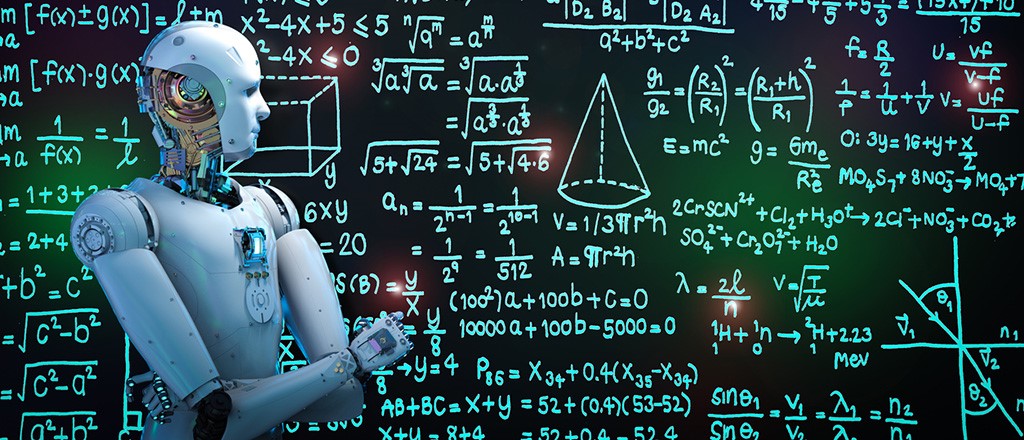
While some sectors controlled by humans are at the beginning of their AI journey, others are so deep into it that they are threatened to be entirely overtaken by the computer world. The education sector ventured into AI so early that whole countries have shifted to digital learning. Textbooks are now digital thanks to AI, while beta virtual tutors help human teachers identify bored learners and facial recognition systems to point out struggling learners and thus help the 7 teachers offer a personalized studying approach to such students. For example, experts can compare brain MRI scans to create a collection of hypotheses by comparing human attributes linked to one brain scan to a similar list of traits and characteristics from a second. Then they can see which brains are likely to succeed in math, cognitive science, acrobatics, or three-dimensional model through pattern matching brains. Online Pandemic classes are already offering tailor-made tasks to home-schooled students according to their profile data. Predictions point to a situation where, by 2030, there will be a fragile line between an AI teacher and personal learning. Students will no longer need printed books and software on their computers will be determining what type of textbooks they should study according to their online performance in previous studies.
Furthermore, digital books are advantageous in that a reader can modify their font, appearance, and words per page to read them better. Even libraries are changing their seating arrangement for students to access books by sending robots to the shelves to promote the print reading culture. In the future, libraries will have to acquire more robots to pick and arrange books, probably to help retain a physical reading culture. Still, the blind are currently able to use touch screens and modern technology. Physical Braille machines are slowly becoming obsolete, and in the future, the physically impaired will be able to use AI to virtually read and edit screen content. Phillips Company is developing AI software that can read and learn such people’s brains and vice versa, and display them for their classmates.
Will AI’s also have Fun?
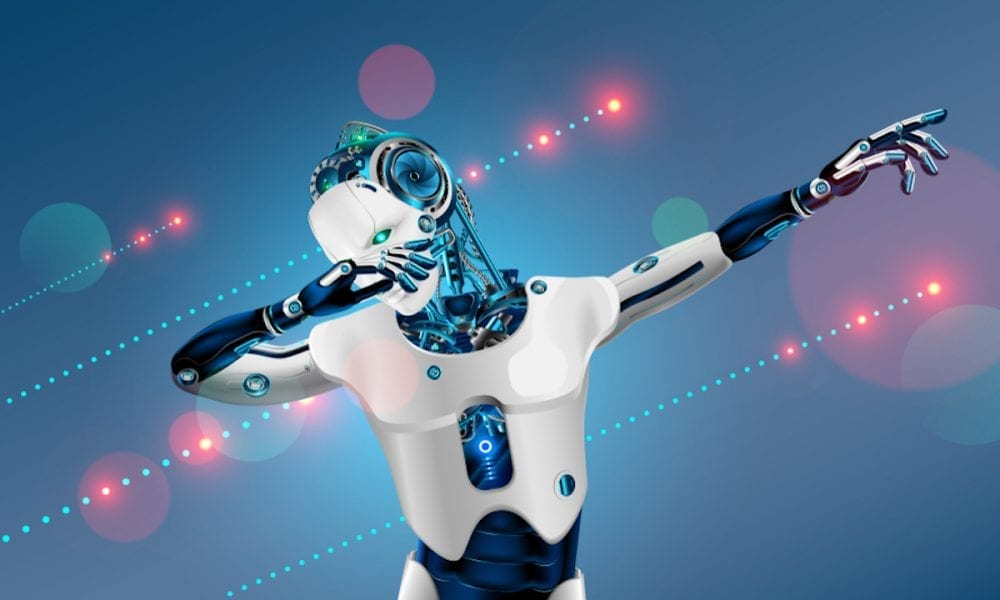
Another effect of AI on humans in the future includes the transformation of the entertainment sector. AI’s use will make the industry more personalized, engaging, and interactive. Virtual Reality’s advancement and accompanying robots have infiltrated many people’s homes already. They can significantly interact with their home entertainment devices 8 verbally or remotely when they are significantly away from their homes. It is predicted that even media houses will be offering personalized entertainment to their clients. Some sites like Netflix, Hulu, and SkyTv are already experimenting with the idea of availing the exact tailored content that their viewers need at a particular instance. Other big technology corporations are also developing VR headsets that require no cables and can display videos in High Definition. Corporates are building Virtual Reality headsets with 8K and even more processing power. The new 5G standard will also provide a VR evolution with fascinating scenarios. In addition to being almost invisible, this standard would allow more devices and more users to be linked. It is almost imperceptible buffering would enable users, almost as if they were seeing them with their own eyes, to receive real-time images.
What about Military and Space?
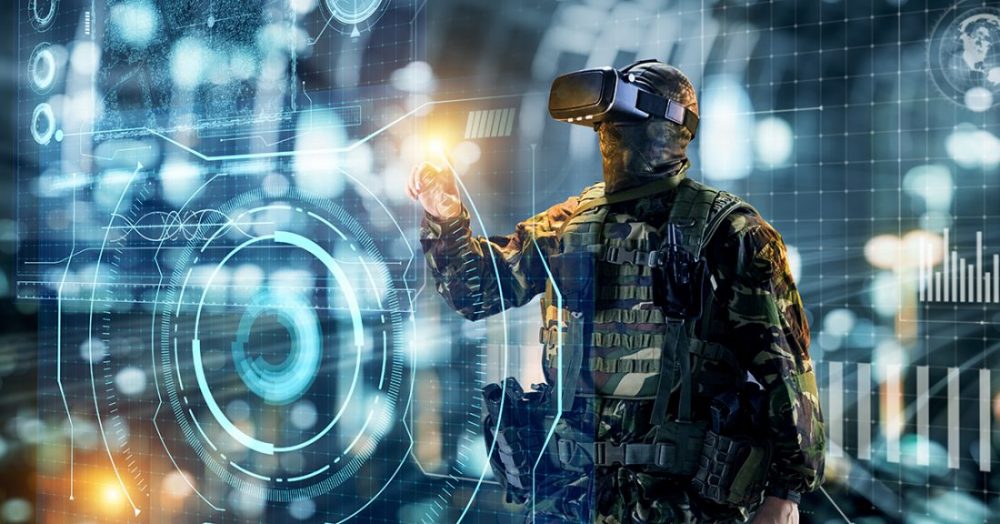
Artificial intelligence is also projected to have a big impact on warfare, military, and defense.
Military strategists, autonomous weaponry could save troops’ lives by keeping them out of harm’s way and avoiding collateral damage and civilian casualties.
Demetris Vrontis
Opponents, on the other hand, argue that the technology might spark a new weapons race, forcing governments to abandon diplomacy in favor of force. Meanwhile, the US military is developing new ways to supply and defend troops, such as Kevlar clothes, translucent camouflage, and individualized 3D-printed nutrition. The Russian military has announced that robots are developing a new type of guard to defend its five missile locations. The machines, which include small arms and heavy machine guns, carry cameras, sensors, and laser-guided rangefinders, are said to be operational, according to recent sources. They can travel at speeds of over 30 miles per hour, cover immense distances, and go dormant for days at a time. They’ve been programmed to operate completely autonomously, allowing them to eliminate invaders without the need for human intervention. The desire for war-fighting robots is fueled by nine additional military improvements that reflect commercial, technical developments in computer, materials science, and sense. The US Navy, for example, is building a fleet of self-directed ships based on algorithms developed for NASA’s Mars Rover.
Finally, space exploration, security police, and regional resource mapping are some of the other sectors where AI will have a large impact in the future. Some of the applications of artificial intelligence in space missions include autonomous position monitoring, map creation and navigation, SLAM technology, image recognition, fault detection, recovery and isolation methods, object identification, planning and scheduling, and feature detection. The space exploration approach is supported by the mechanical model of planetary rovers, space robot sensors, space manipulators, actuators, and robots. For crime detection and prediction in police departments, cities will rely fully on AI. Surveillance agencies will leverage AI’s power in the automatic processing of CCTV and drone videos, which can quickly spot anomalous activities.
In conclusion, AI is now available to all of us, and it will benefit us all. However, the ramifications for our social order are not only unknown but have just recently become the topic of research. AI is now permeating our physical settings in the shape of autonomous vehicles, drones, missiles, and home devices such as smart TVs and also gaming. We are increasingly surrounded by, and driven by automated perception, analysis, and accomplishment. Lastly, in the next real war, AI could be the deciding factor in who wins and who loses. Modern combat superiority will be determined by technology, including networks of smart robotic gadgets, unmanned submarine vehicles, robots, drones, and precision-guided missiles. Soldiers may become obsolete as robots become faster, stronger, more accurate, and better at following commands than humans.
“The future depends on some graduate student who is deeply suspicious of everything I have said.”
— Geoffrey Hinton


